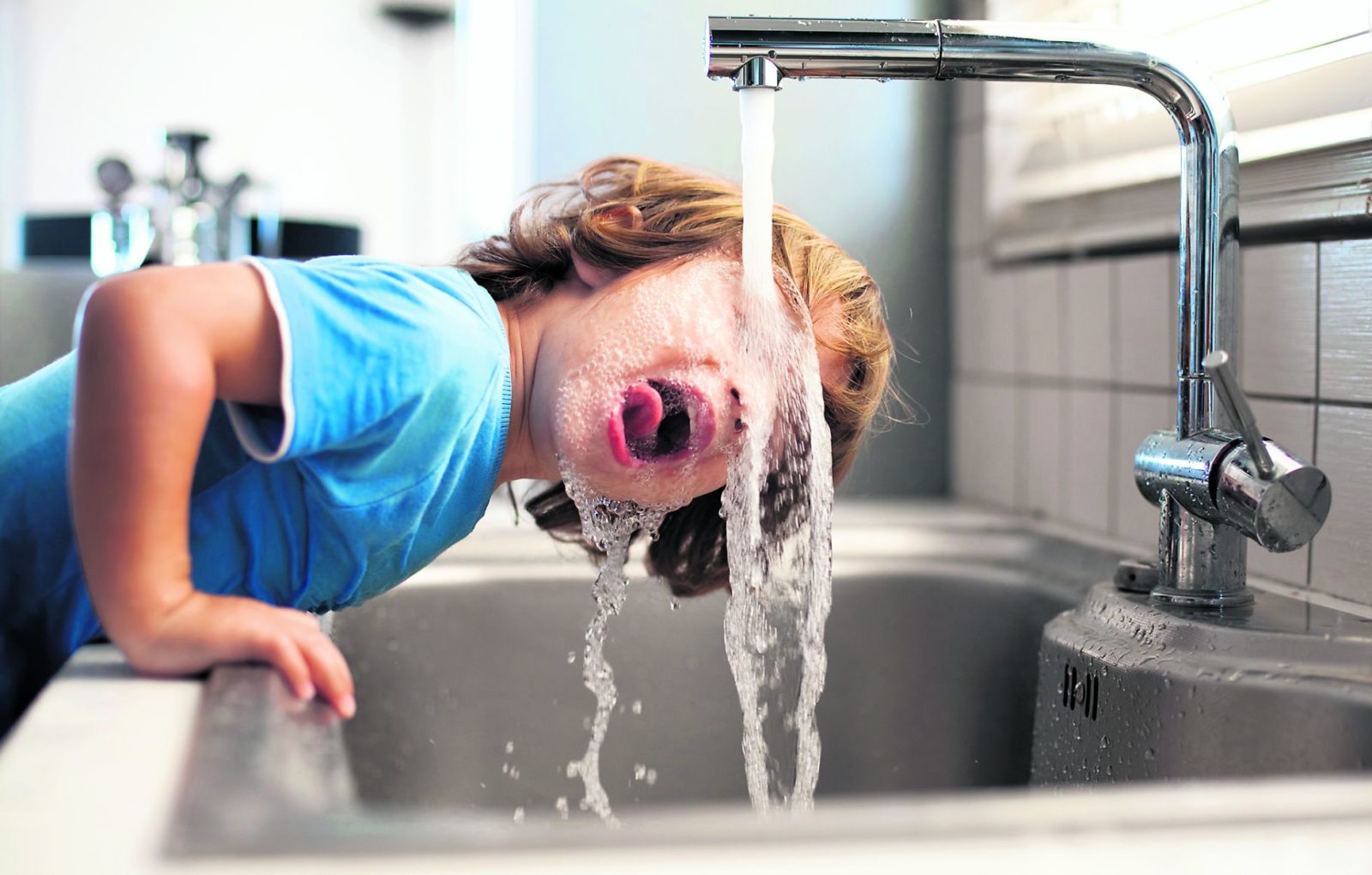Drinking water is essential for human survival, but not all water we encounter is safe for consumption. In desperate or emergency situations, you may find yourself faced with the option of drinking unsafe water. What to do if you drink unsafe water ? Here we offer you a complete guide to deal with this scenario and protect your health.
What to do if you drink unsafe water?
First, it is crucial to understand the risks associated with consuming unsafe water. Unsafe water can contain a variety of contaminants, such as bacteria, viruses, parasites, heavy metals, and toxic chemicals. Drinking contaminated water can lead to a number of illnesses, ranging from mild stomach disorders to serious diseases such as dysentery, cholera, or hepatitis.
Recognizing unsafe water
How do you know if the water in front of you is drinkable or not? Here are some indicators that can help you recognize undrinkable water:
- Cloudy or opaque appearance: Drinking water is usually clear and transparent. If the water has a cloudy appearance, it is likely contaminated with suspended particles.
- Unpleasant odor: Drinking water is generally odorless. If you detect an unusual odor, such as chemicals or decaying matter, it is best to avoid drinking it.
- Unusual taste: Drinking water should have a neutral taste. Any unusual taste, such as metallic or chemical, could indicate the presence of contaminants.
- Unknown source: If you are unsure of the source of your water and whether it has been treated to make it drinkable, it is safer to assume that it is not safe to drink.

What to do if you drink unsafe water?
If you happen to drink unsafe water without realizing it, we recommend that you follow these steps:
- Stop drinking unsafe water immediately. If you realize you have drunk unsafe water, stop drinking it immediately to avoid consuming more contaminants.
- Don’t make yourself vomit. Although the natural impulse might be to induce vomiting to expel the contaminated water, this can make the situation worse by allowing harmful contaminants to remain in your system.
- Find safe drinking water. If possible, find a safe source of drinking water. This can include bottled water, water from a tap you know is safe, or treated and filtered water.
- Hydrate with drinking water. Once you’ve found a source of clean water, drink small amounts regularly to gradually rehydrate yourself. Avoid drinking large amounts of water at once, as this could cause stomach upset.
- Monitor your symptoms. Pay attention to any symptoms you experience after drinking unsafe water, such as nausea, vomiting, diarrhea, fever, or abdominal pain. If symptoms are severe or persist, seek medical attention immediately.
- Consider medical treatment. In some cases, you may need medical treatment to treat illnesses or complications caused by drinking unsafe water. Follow your doctor’s recommendations and don’t hesitate to seek help if necessary.
Purchase a drinking water filter to avoid risks.
Prevention is the best strategy
It is always best to prevent ingestion of unsafe water in the first place. When traveling or in areas where the water supply may not be safe, take preventative measures, such as:
- Carry a bottle of drinking water or a portable filtration system with you.
- Avoid drinking water from unknown or untreated sources.
- Boil or treat water before drinking if you are unsure of its potability.
- Keep water bottles sealed and protected from contamination.
- Be aware of any warnings or advisories regarding water quality in your area.
Health is vital, so it is important to remember that you should always boil water before drinking it, in case it does not come from a safe, clean and drinkable source.

